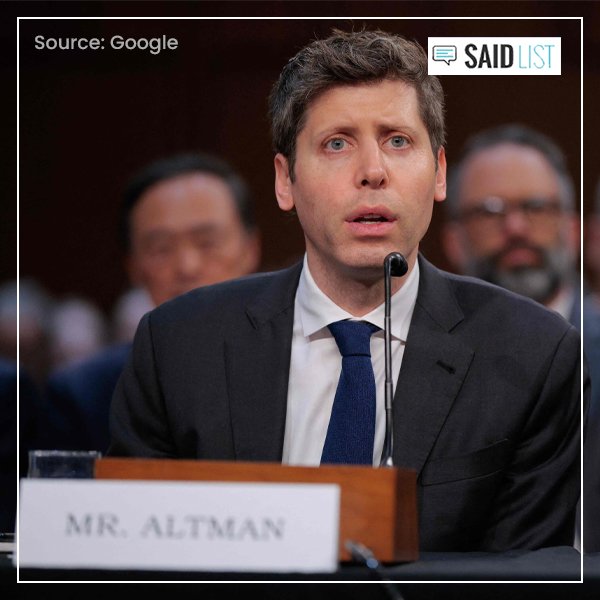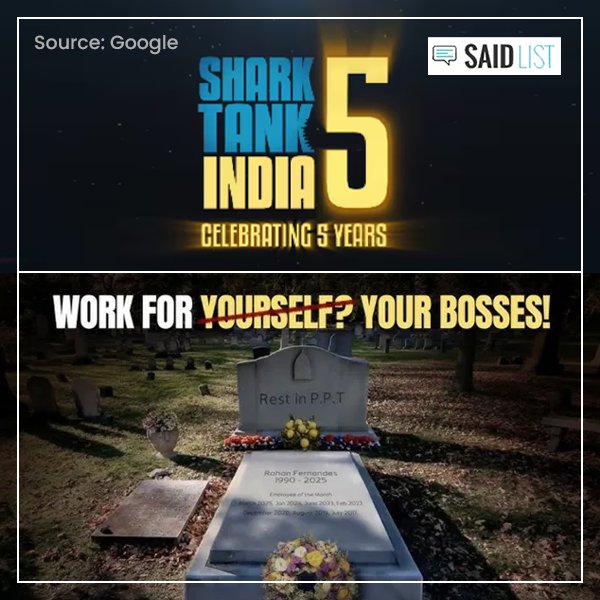Netflix finds itself in a storm as social media is awash with the #BoycottNetflix, which originates from anger at the new movie “Maharaj” that stars Junaid Khan, son to Bollywood icon Aamir Khan. Directed by Siddharth P Malhotra, even before it’s release the film has courted controversy which critics argue disrespects religious sentiments and distorts historical events.
Unprecedented Backlash
Even without teasers or trailers, but only a poster featuring Jaideep Ahlawat and Junaid Khan, “Maharaj” has sparked outrage. The 1862 Maharaj Libel Case setting backdrop to the film has attracted significant criticism from conservative groups and users on social media.
Outrage on Social Media
According to VHP leader Sadhvi Prachi, “We won’t tolerate disrespect of Sanatan Dharma. Ban Maharaj Film. Boycott Netflix.” This was echoed my many who described it as “Hindumisic,” asserting that it misrepresents sadhus and the Vallabh Sampradaya during British rule. Calls for banning this movie are rife on social media channels across India as outrage flows through posts by people who declare their disappointment with the filmmakers.
Controversial Plotline
The Maharaj plot revolves around the story of Karsandas Mulji. He was a journalist and social reformer who advocated for women rights during the critical time of Indian history. The narrations centre on the Maharaj Libel Case – a major legal fight pitting against religious leaders that has been at the forefront of controversies.
Echoes of Past Disputes
Moreover, this backlash is reminiscent of protests against movies like “Laal Singh Chaddha” and “Annapoorani “where religious insensitivity led to calls for bans. Recently, India’s Supreme Court stayed the release of “Hamare Baarah” also on similar allegations. Thus, demonstrating an increasingly greater sensitivity about religious portrayal in cinema.
Artistic Freedom vs. Religious Sentiments
With debates occurring online, it is uncertain whether Maharaj will be released, magnifying the ever-present tension inherent in artistic liberty vis-à-vis maintaining sacredness in culturally plural nations. At issue here is how much freedom do contemporary Indian filmmakers really have when every scene they create must walk a tightrope between creative expression and cultural appropriation?
Netflix’s decision will determine whether it chooses its content or bows to public sentiment as
its release date approaches. This move might define how future films dealing with sensitive
historical and religious topics are made.











